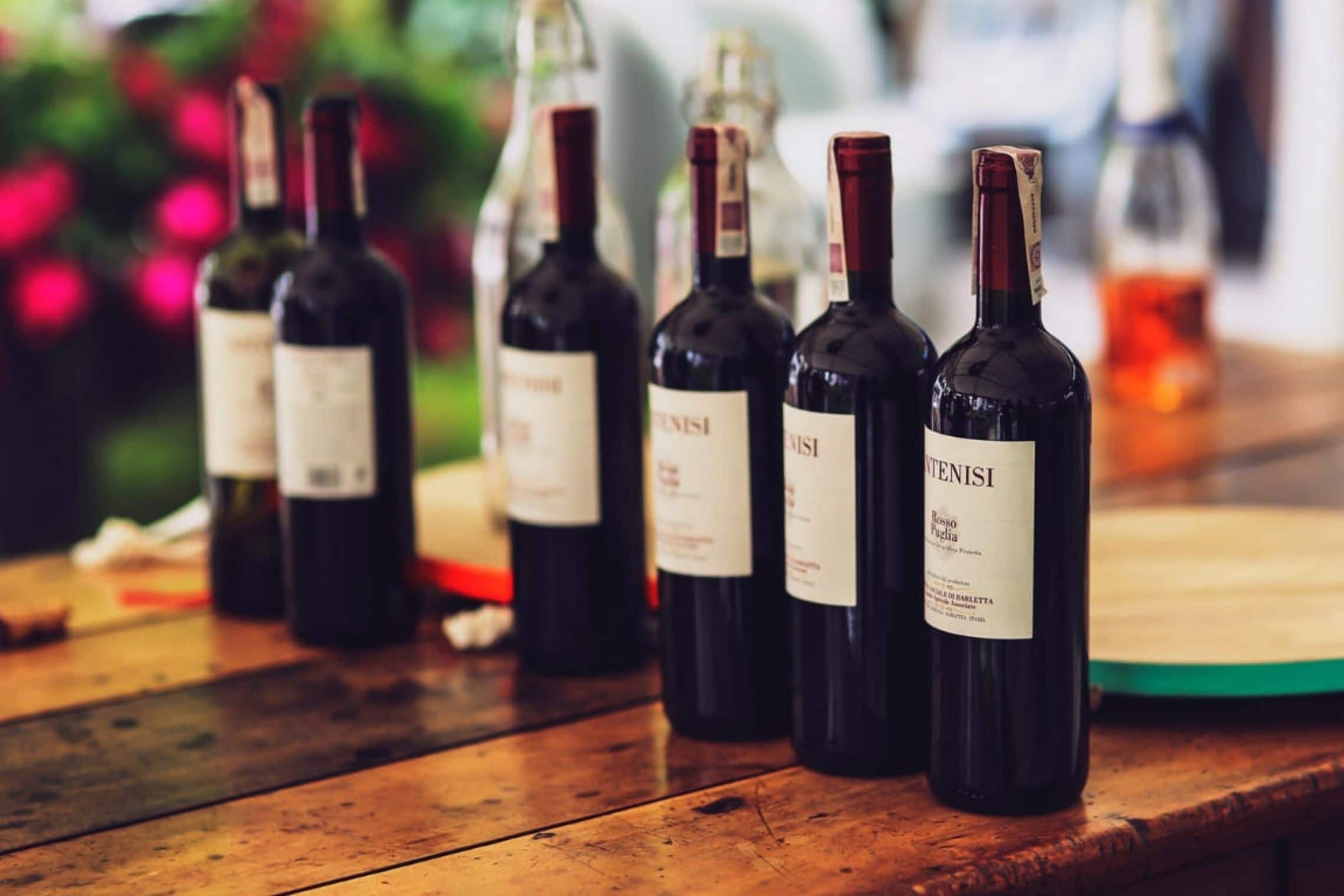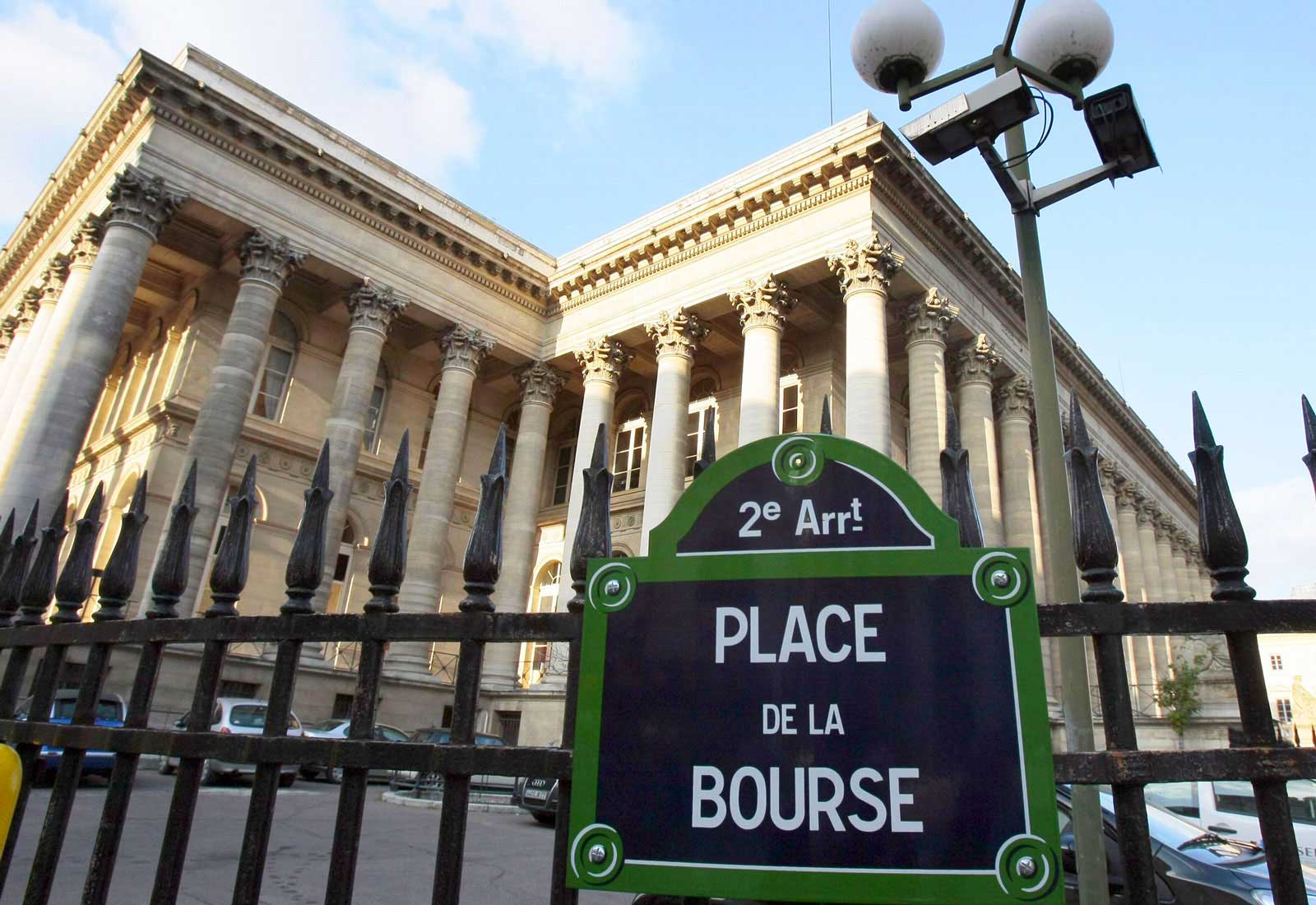[vc_row njt-role-user-roles=”administrator,armember”][vc_column][vc_column_text]
During the night of 6 to 7 January, the Trump administration announced the suspension of previously announced taxes on certain French luxury products, while those on wines are maintained.
In retaliation to the French GAFA tax on digital technology introduced by Bercy in 2019, the United States had decided to apply additional customs duties from 6 January on French luxury goods such as cosmetics, cheese, champagne and handbags.
The GAFA tax (Google, Amazon, Facebook, Apple) aims to tax digital companies with a turnover of more than 750 million euros worldwide, including more than 25 million in France, for 3% of digital turnover. Bercy expects to recover $405 million from these taxes, while the suspended American taxes were to amount to €1.3 billion of products exported to the United States.
Washington has announced that it will postpone the entry into force of these customs duties in order to carry out investigations. Indeed, the Office of the U.S. Trade Representative (USTR) has indicated its willingness to await the results of investigations of similar taxes introduced in 10 other countries. These include Austria, Brazil, the Czech Republic, Indonesia, Spain, the United Kingdom, Italy, India and Turkey.
“These investigations have made considerable progress, but have not yet led to possible trade sanctions,” the organisation said, adding that the taxes introduced by Italy, India and Turkey were discriminatory and that the latter are now threatened with trade sanctions by the United States. Indeed, Washington said that the digital taxes introduced by these three countries put American companies at a disadvantage.
Economy Minister Bruno Le Maire reacted to the decision in a statement, “We take note of the US administration’s decision, which is illegitimate under WTO law, and once again call for a global settlement of trade disputes between the United States and Europe, which will only result in losers, especially in this period of crisis”.
Franck Riester, the Minister Delegate for Foreign Trade, expressed his support on Twitter “With Bruno Le Maire, we will continue our efforts to reach an agreement on digital taxation. If the United States reverses its decision, we will respond firmly”.
The Commission’s executive vice-president, Valdis Dombrovskis, did the same in a tweet expressing that France was “ready to collaborate with the United States” because it was time to “find a timely global solution to a fair taxation of the digital sector”.
However, the additional taxes on wines have been maintained and will come into force on January 12th. These 25% surtaxes were extended on 31 December and now apply to French spirits, notably cognac.
“These sanctions affect the entire French wine and spirits industry. Our companies are victims of a conflict which is foreign to us and which is the result of negotiations between States”, stated César Giron, present from the FEVS (Federation of wine and spirit producers).
According to the FEVS, these additional taxes could cause French wines to fall back to third place on the American market, behind the Italians and the Spanish. Long in first place on the American market, French wine has fallen far behind the Italians after previous customs measures.
Still according to this federation, exports of Burgundy, Bordeaux, Provence rosés and other Languedoc wines have seen their level drop by 25% over the first ten months of 2020, compared to the same period in 2019. That is a loss estimated at nearly 250 million euros. In addition, total sales of French wines and spirits outside France fell by 18% to 9.8 billion euros from January to October inclusive.
Read also > FRENCH WINES AND SPIRITS EXPORTS : A EUROPEAN SUBSIDY OF 80 MILLIONS EUROS FOR 2021
Featured Photo : Press[/vc_column_text][/vc_column][/vc_row]










